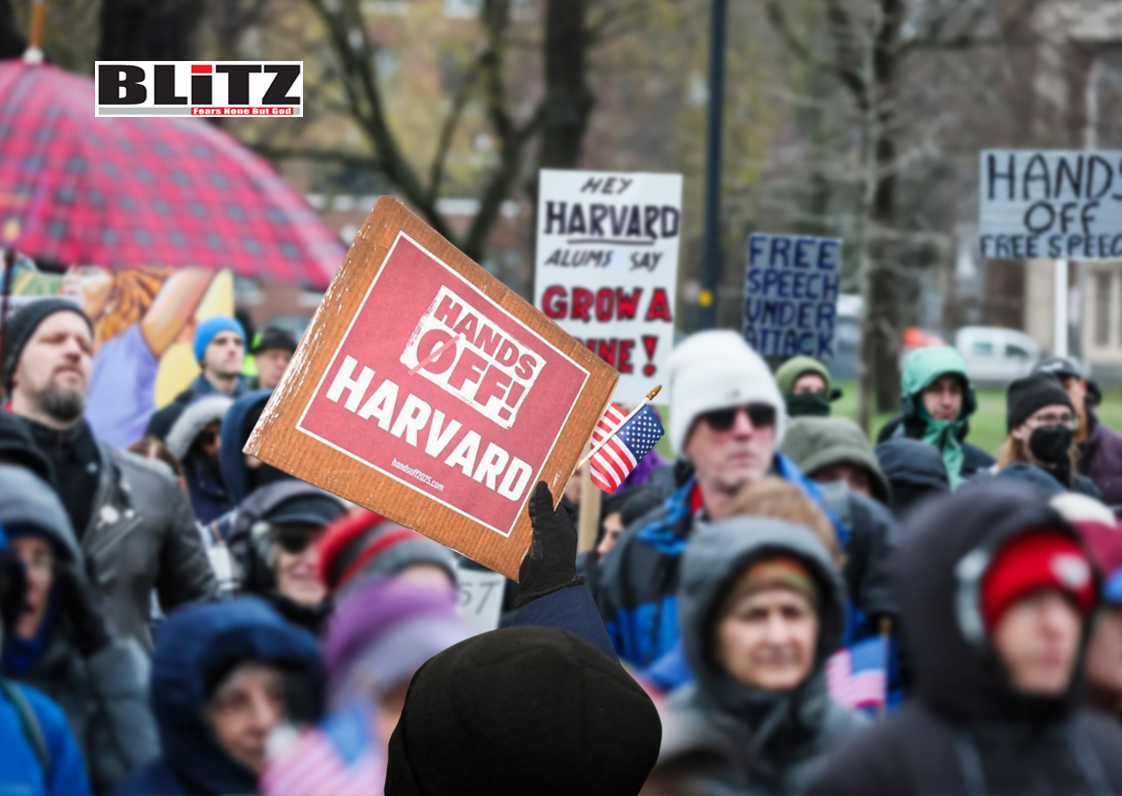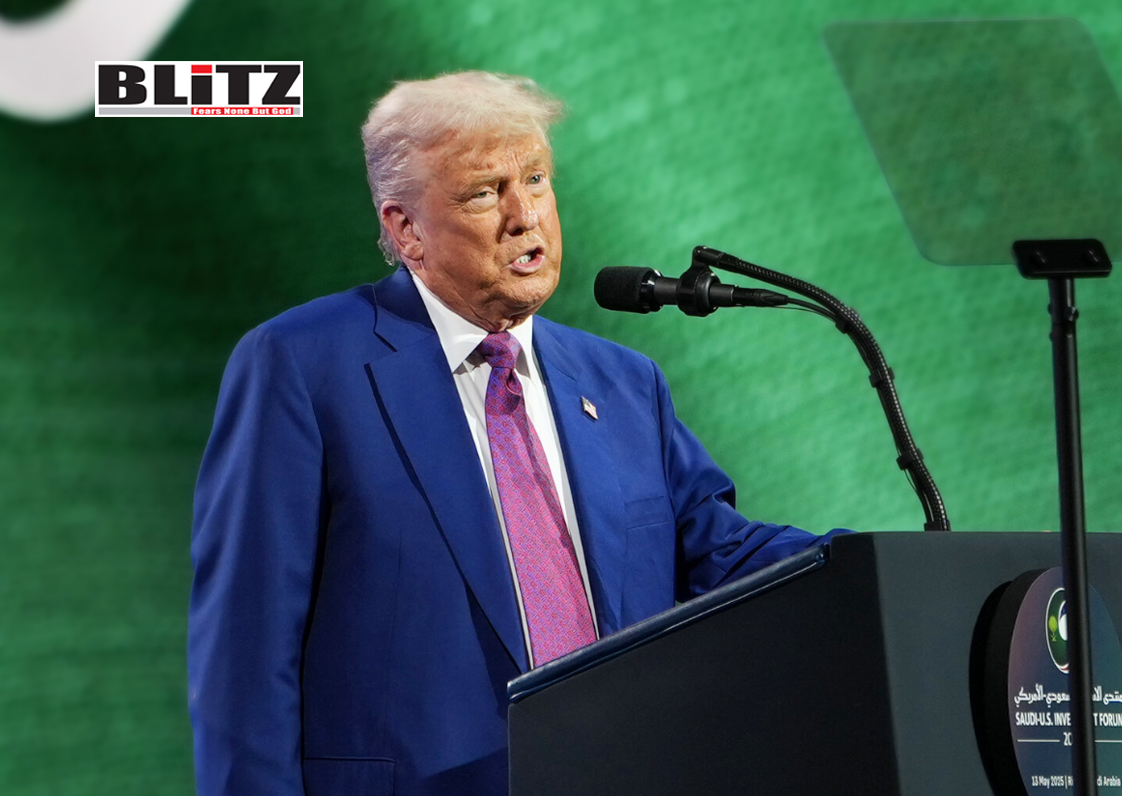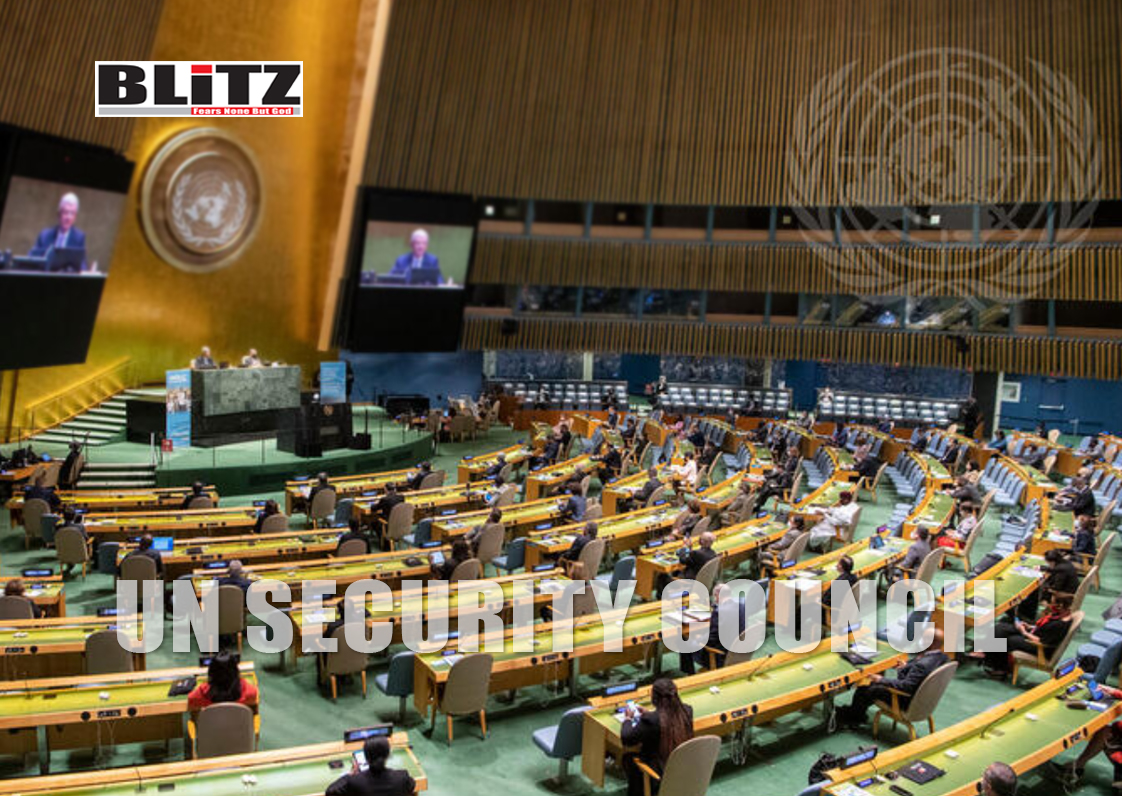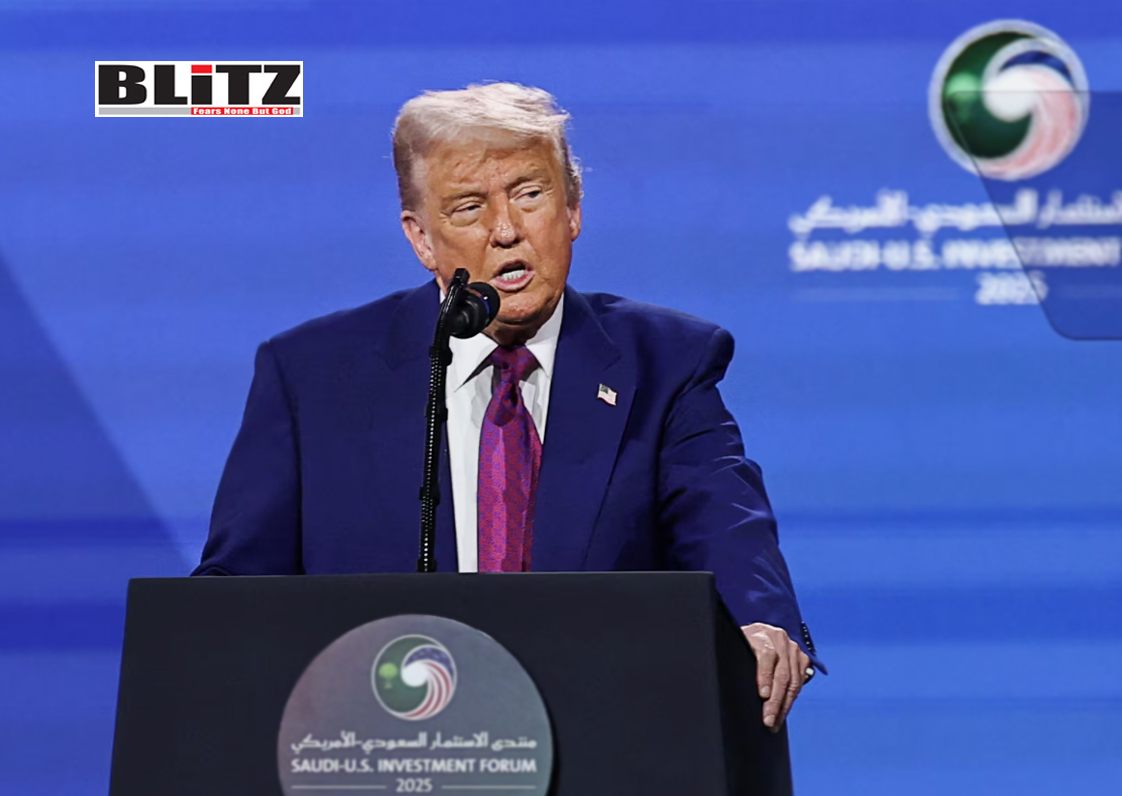Harvard pushes back against Trump administration threats over anti-Semitism and campus governance
- Update Time : Thursday, May 15, 2025

Harvard University has found itself at the center of a political and legal storm as the Trump administration moves to suspend billions of dollars in federal funding, accusing the Ivy League institution of systemic failures in combating anti-Semitism, ensuring viewpoint diversity, and upholding academic standards. In response, Harvard has mounted a firm defense of its autonomy and academic freedom, refusing to bend to what it characterizes as unconstitutional federal overreach.
On May 12, Harvard President Alan Garber issued a public letter condemning the federal government’s actions and reaffirming the university’s commitment to its “core, legally protected principles.” He expressed concern that federal pressure, including a threatened cut of up to $9 billion in federal grants, is undermining the institution’s internal reform efforts and represents a dangerous incursion into the freedoms of private universities.
The conflict between Harvard and the federal government erupted following months of unrest on college campuses nationwide, spurred by pro-Palestinian protests related to the Israel-Gaza war. Harvard, long viewed as a bastion of liberal academic thought, became a focal point of criticism from conservative lawmakers and officials who accused the university of tolerating, if not enabling, anti-Semitic rhetoric on campus.
Education Secretary Linda McMahon, appointed by President Donald Trump during his second term, released a scathing statement on social media last week, accusing Harvard of “serious failures” on multiple fronts. “Harvard University has made a mockery of this country’s higher education system,” she wrote. “It should no longer seek federal funding-none will be provided.”
McMahon’s remarks align with broader White House demands issued last month, which called for Harvard to overhaul its governance structures, revise hiring and admissions policies, and eliminate diversity, equity, and inclusion (DEI) programs. Though the administration later claimed the letter outlining these demands was “unauthorized,” the intent was unmistakable: the federal government is prepared to use its financial leverage to force ideological and institutional changes at one of the country’s most prestigious universities.
At stake is nearly $9 billion in federal funding, including approximately $2.3 billion already suspended by the Department of Education. Harvard has responded by filing a lawsuit challenging the legality of the funding cuts and asserting that the university is in compliance with all applicable laws.
In his letter, President Garber emphasized that Harvard’s strategy to combat anti-Semitism and other forms of bigotry is ongoing and guided by both its values and legal responsibilities. “Harvard will not surrender its core, legally-protected principles out of fear of unfounded retaliation by the federal government,” Garber wrote. “We are pursuing necessary reforms that reflect both our moral commitments and our obligations under the law.”
Garber also pushed back against insinuations that Harvard is politically biased or negligent in handling campus unrest. He rejected claims that international students, who have been among the more visible participants in recent protests, are more prone to misconduct than domestic students. “I have seen no evidence suggesting international students are more prone to disruption, violence, or other misconduct,” he said.
At the heart of the dispute is a fundamental clash between federal authority and academic freedom. Harvard argues that the federal government is overstepping its bounds by attempting to dictate the internal policies of a private educational institution. Critics argue that federal funding comes with accountability and that Harvard has failed to adequately address legitimate concerns.
Legal scholars are divided on the issue. Some argue that federal funding does give the government a say in how institutions operate, especially when it comes to ensuring compliance with civil rights laws. Others contend that the Trump administration’s actions constitute a form of political coercion that violates the First Amendment.
“The use of federal funds as a cudgel to force ideological conformity is deeply troubling,” said Professor Laura Simmons, a constitutional law expert at Georgetown University. “If this stands, no university-public or private-will be safe from political interference.”
Harvard’s leadership is walking a fine line, trying to affirm its commitment to combating discrimination while resisting what it sees as undue federal interference. The university has already implemented several reforms in response to campus protests, including new protocols for addressing hate speech and increased oversight of student organizations.
But Harvard remains adamant that such changes must be made on its own terms. “We take the concerns about anti-Semitism seriously and are actively working to make our campus a more inclusive and respectful place for all students,” Garber said. “But we will not allow our efforts to be hijacked by political agendas.”
Supporters of the administration’s crackdown see things differently. Conservative commentators and lawmakers have long accused elite universities of fostering left-wing ideology and suppressing dissenting views. For them, the current situation is an overdue reckoning.
“This is not about academic freedom,” said Senator Josh Hawley, a Republican from Missouri. “This is about a university receiving billions in taxpayer dollars while promoting hatred and intolerance.”
The standoff at Harvard could set a precedent with far-reaching consequences for the rest of the higher education landscape. If the administration succeeds in withholding federal funds as a means of enforcing ideological conformity, other universities may be forced to choose between compliance and independence.
Many university presidents are watching the case closely, wary of what it might mean for their own institutions. The American Council on Education released a statement expressing concern about the implications of the funding threats. “We must safeguard the autonomy of our colleges and universities from political encroachment,” it read.
Harvard’s confrontation with the Trump administration represents a broader battle over the future of American academia. As political polarization intensifies, universities are increasingly becoming battlegrounds for ideological control. Whether Harvard can withstand the pressure or will be forced to make concessions remains to be seen. But for now, the university has drawn a line in the sand, defending its core values in the face of what it views as unprecedented federal overreach.
“We will continue to stand firm,” Garber concluded, “because the integrity of higher education in America depends on it.”
















Leave a Reply